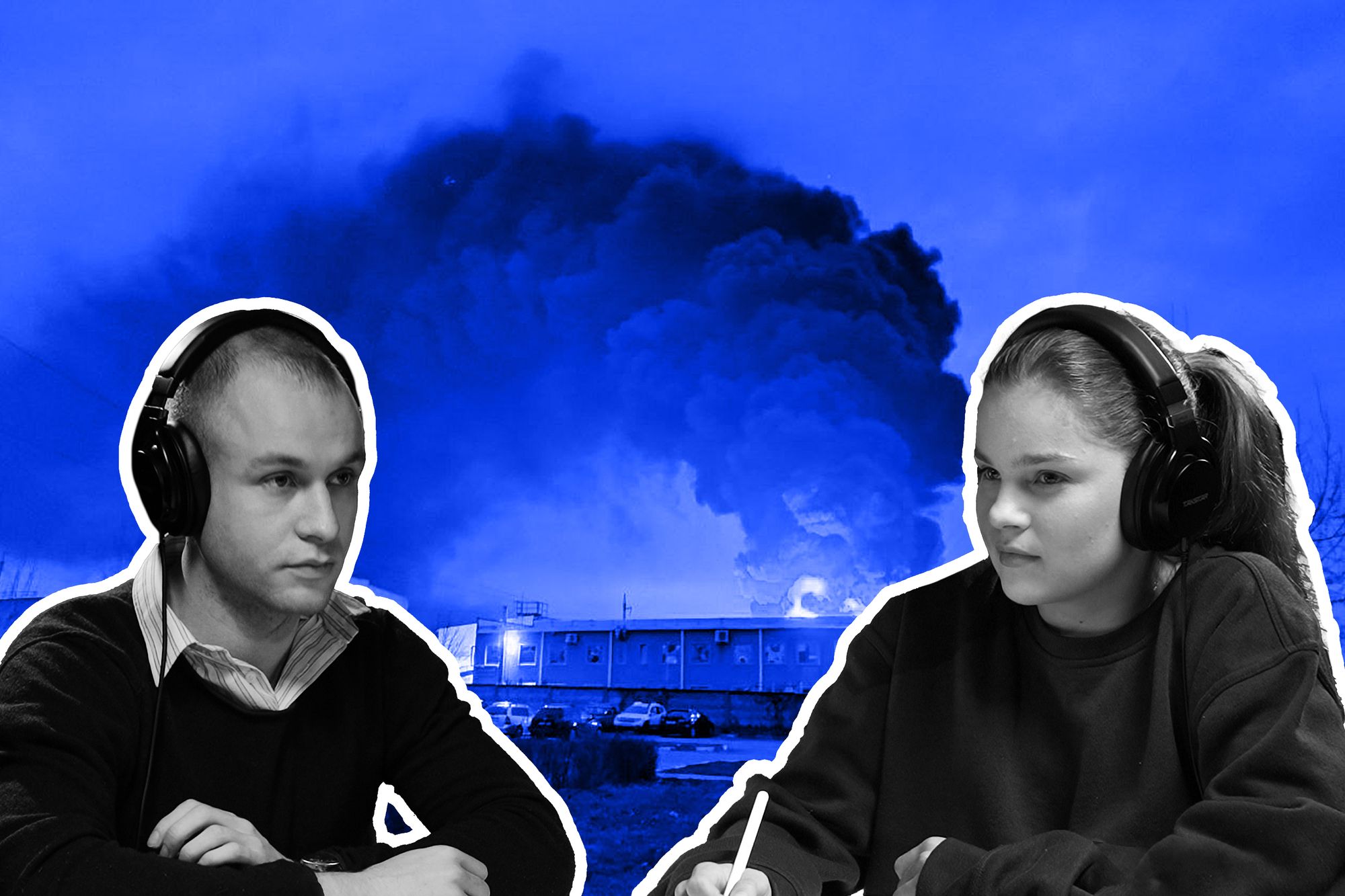Le Monde: France approves Framatome's involvement in Russia-led construction of nuclear reactors in Hungary
The French government has reportedly cleared ways for Framatome, a state-backed nuclear power operator subsidiary, to participate in a construction project in Hungary led by Russia's state-owned Rosatom.
In an article published on April 28, French newspaper Le Monde reported, citing its sources, that Paris has greenlighted Framatone to supply equipment for the construction of two new nuclear reactors at the Russian-backed Paks Nuclear Power Plant in Hungary.
"The French government has given the authorization to Framatome, but the German government has not done so for Siemens. So, we are now studying this problem in close cooperation with Framatome," a Hungarian source told Le Monde.
The report of France aiding the Russian-managed expansion of the nuclear power plant in Hungary comes amid Ukraine's repeated calls for the EU to sanction Russia's nuclear industry, urging that the West needs to do more to hurt Moscow's revenue amid a brutal war.
Despite some lawmakers and diplomats in the EU pushing to have severe links with Rosatom, Russia has a strong grip on Europe's nuclear energy landscape, and the progress has been slow. Russia exports nuclear fuel to reactors in Bulgaria, the Czech Republic, Hungary, Slovakia, and Finland, and the continent still relies on Russian uranium.
While some countries like Bulgaria are looking for ways to reduce Russia's lingering reach on its Russia-dominated energy sector, Hungary in August issued a permit for the Rosatom-led construction of two new nuclear reactors in the southern city of Paks. Currently, the Paks plant runs on four nuclear reactors.
Though Germany has been reluctant to deliver the reactor control system to Hungary for the Russian-backed expansion project, Hungary has relied on French help, Le Monde reported. It added that the issue was "discreetly" discussed during a dinner between French President Emmanuel Macron and Hungarian Prime Minister Viktor Orban at the Elysée Palace on March 13, which was also reported by the Financial Times.
Shortly after the formal dinner, Le Monde cited Hungarian Foreign Minister Peter Szijjarto as saying, "since the German government is blocking for political reasons the contractual participation of Siemens Energy, we wish to rely more on the French."
The Russian-backed expansion project of the nuclear power plant in Hungary is "expected to cost about $12.4 billion and will more than double the plant's capacity," according to Radio Free Europe/Radio Liberty's August article. It added that Russia would be providing a $10 billion loan for the project.
Orban struck an agreement on the expansion project with Russian President Vladimir Putin shortly before the Russian invasion of Ukraine in 2014. Despite the delays, Orban has insisted on finishing the project by 2030.
The French participation in the project may indicate the two countries' readiness to take their nuclear cooperation to another level, the Financial Times reported in late March.
Sources told the Financial Times that Russia's participation in the project could fade if the war in Ukraine lasts longer and the West continues to impose sanctions against Moscow. But the newspaper added that it's unclear whether it would mean constructing a new power plant or simply replacing Rosatom with a different partner.
Losing the Paks project would be "a serious blow" to Rosatom, the newspaper reported, citing Maxim Samorukov, a Russia expert at the Carnegie Foundation.
A French official told the Financial Times that both Paris and Budapest were ready to cooperate more on the nuclear power industry, but "we don’t know at this stage if there is a way for France to get a bigger share of the work on Paks."











